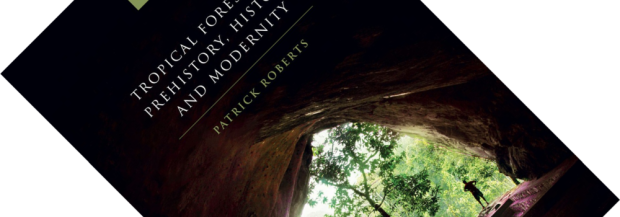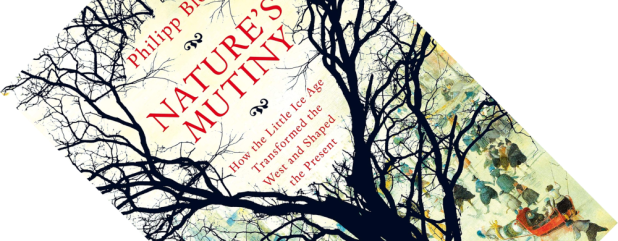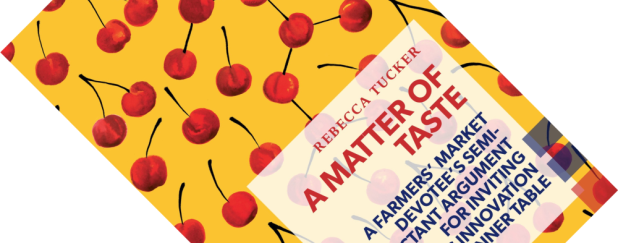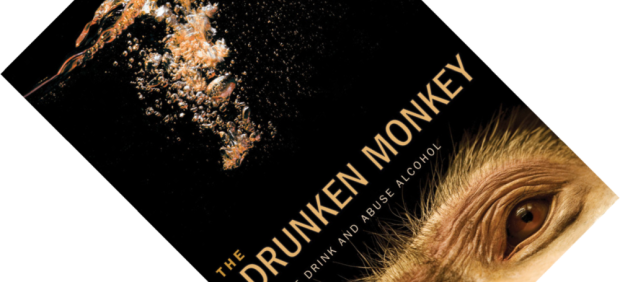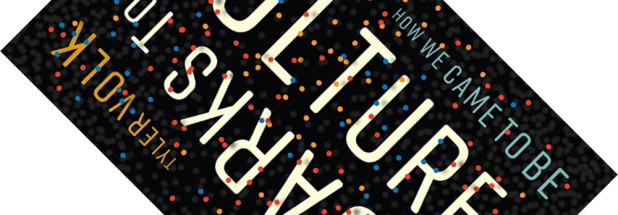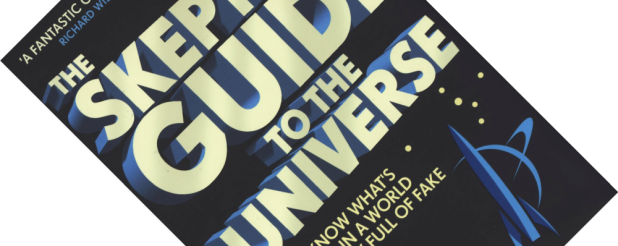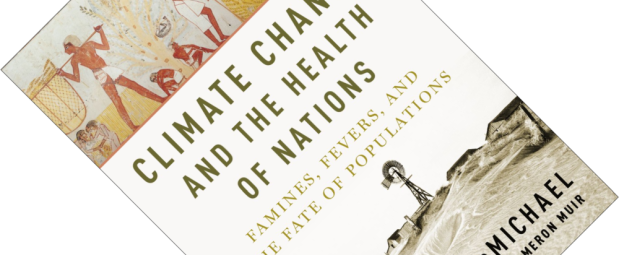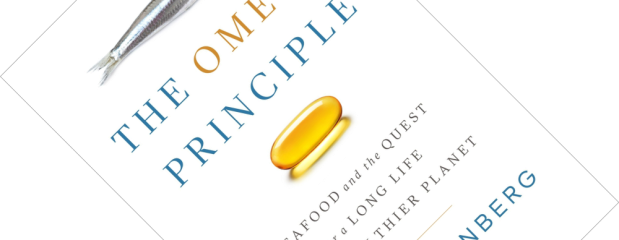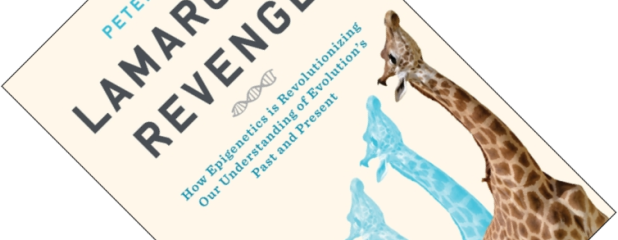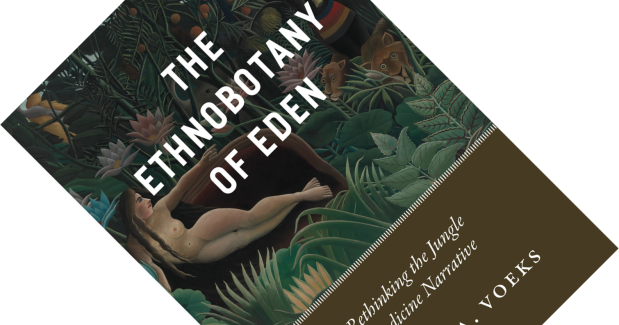Primaeval, pristine, playground of Indiana Jones, home to ancient ruins and primitive tribes – nothing says wilderness more than tropical rainforests. They have had a firm grip on our collective imagination for centuries as the antithesis of civilization. But after reading archaeologist Patrick Roberts’s Tropical Forests in Prehistory, History, and Modernity, it seems my introduction is a load of lyrical rubbish. Synthesizing an enormous body of scientific literature, this book dispels the Victorian-era explorer-mystique to reveal a picture that is far more fascinating.
agriculture
Book review – Nature’s Mutiny: How the Little Ice Age Transformed the West and Shaped the Present
In the minds of most people, the words “Ice Age” will invoke images of mammoths and sabertooth tigers. But historians use the phrase “Little Ice Age” to refer to a particular period in recent history when average temperatures dropped for a few centuries. The impact this had on societies was tremendous. In Nature’s Mutiny, originally published in German and here translated by the author, historian Philipp Blom charts the transformations that resulted and shaped today’s world. It is also one of the most evocative book titles I have seen this year.
Book review – A Matter of Taste: A Farmers’ Market Devotee’s Semi-Reluctant Argument for Inviting Scientific Innovation to the Dinner Table
Food and food production have become incredibly divisive topics. Industrialised agriculture exacts a heavy toll on our environment and a lot of the cheap, processed convenience food on supermarket shelves is not what you would call nutritious. But Toronto-based writer and journalist Rebecca Tucker is troubled by the response. A hazy conglomerate of “good food”, encompassing trendy phenomena such as farmers’ markets, locavorism, organic produce, and whole foods is being pushed as the only pathway to sustainable salvation. In this short book, she pulls no punches and roundly criticises the guilt-tripping, moralising, fanatical side of the foodie movement, while also exploring some alternatives. And it’s about time, because, as she shows, feeling good is not the same as doing good.
Book review – The Drunken Monkey: Why We Drink and Abuse Alcohol
It is tempting to start this review with a nod to Monty Python’s Philosopher’s Drinking Song. But there is a dark side to our use and especially abuse of alcohol, lethal traffic accidents being just one of them. Why are we so enamoured with our booze? With The Drunken Monkey, Professor of Integrative Biology Robert Dudley puts forward the idea that it is linked to the dietary preferences of our primate ancestors who used alcohol as a cue to identify ripe fruit. Is this another evolutionary just-so story?
Book review – Quarks to Culture: How We Came to Be
How did we get here? It’s a simple question, but as all parents will affirm, the simplest questions can have the most complicated answers. With Quarks to Culture, Tyler Volk, a professor in biology and environmental studies, looks at our human culture and goes all the way back to the beginning (yes, the very beginning) to ask: “Is there a pattern here?”. What follows is a book that should be taken as a spirited thought experiment.
Book review – The Skeptics’ Guide to the Universe: How To Know What’s Really Real in a World Increasingly Full of Fake
If the design of the cover didn’t already give it away, the instruction to NOT PANIC on the dust jacket makes it clear this book is riffing on the famous Hitchhiker’s Guide to the Galaxy. And just as Douglas Adams’s book was intended to be an indispensable guide to navigating the galaxy, so The Skeptics’ Guide to the Universe is an indispensable guide to navigating a world gone mad with pseudoscience, alternative medicine, fake news, and conspiracy theories. Don’t let the book’s bulk put you off, this is an incredibly engaging read with a most humble outlook on life.
Book review – Climate Change and the Health of Nations: Famines, Fevers, and the Fate of Populations
When a history book leaves you reeling, you know that it has done its job properly. Climate Change and the Health of Nations is a grand synthesis of environmental history, charting the fate of civilizations and the links between climatic changes and the health of people. It is also a book that almost wasn’t.
Book review – The Omega Principle: Seafood and the Quest for a Long Life and a Healthier Planet
American author Paul Greenberg has written two previous books about (eating) fish (American Catch: The Fight for Our Local Seafood and Four Fish: A Journey from the Ocean to Your Plate), so he is no stranger to the rather, errr, fishy topic of omega-3 fatty acid supplements. His new book, The Omega Principle, is much more than just a critique of the supplement industry though. This engagingly written reportage digs far deeper, asking where this oil comes from, and reports on that vast segment of the global fishing industry known as the reduction industry, and a food system out of whack with our needs.
Book review – Lamarck’s Revenge: How Epigenetics Is Revolutionizing Our Understanding of Evolution’s Past and Present
As one of several intellectuals who wrote about evolution before Darwin, time has not been kind to the French naturalist Jean-Baptiste Lamarck (1744-1829). Reviled during his lifetime by the influential Cuvier, after his death he became best remembered, and ultimately ridiculed, for the idea that characters acquired during an organism’s lifetime are passed on to its offspring. With the rise of the modern field of epigenetics, some of his ideas are making a comeback, albeit modified and adapted for the 21st Century. Palaeontologist and astrobiologist Peter Ward would even like to go so far as to restore some honour to his name and consider epigenetics a neo-Lamarckian process.
Book review – The Ethnobotany of Eden: Rethinking the Jungle Medicine Narrative
When I reviewed the book Defending Biodiversity: Environmental Science and Ethics, one of the reasons that was discussed as to why we should protect nature was the possibility of undiscovered pharmaceutical drugs. Seasoned ethnobotanist Robert A. Voeks shows that this so-called jungle medicine narrative has a long history. Though partially true, it equally contains parts myth, sentimentality, and nostalgia. However, if you are expecting a sceptical critique of superstitious indigenous practices – I was initially wondering whether the book would – no, this book delivers something far more interesting. Without belittling traditional knowledge, Voeks instead exposes the flaws in our interpretation and delivers a nuanced and fascinating ethnobotanical history lesson to boot.

